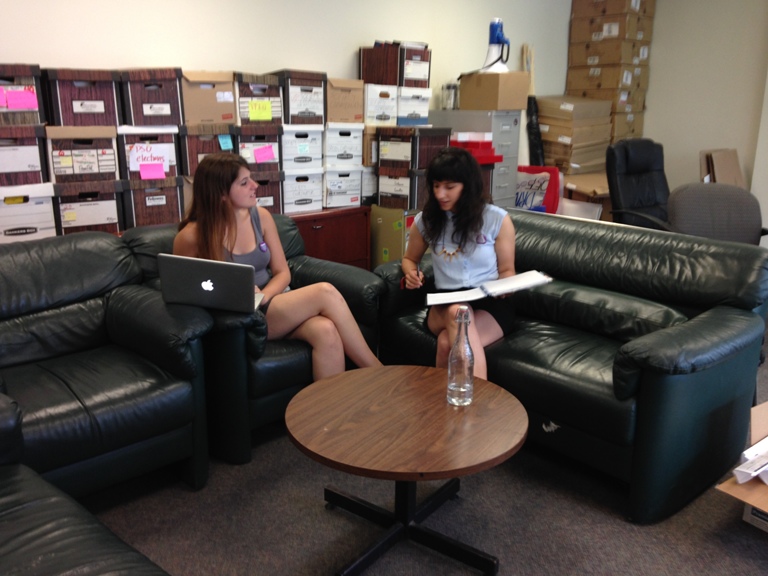HALIFAX – The sexual assault help line started by the Dalhousie Student Union (DSU) in September will now be available to students even longer.

Thanks to almost $30,000 in funding from Dalhousie University, the pilot project, which the DSU considers a “vital service,” is going to be extended until at least the end of the academic year.
READ MORE: Dal students start helpline for sexual assault victims
“(We’ve had) students saying ‘Thank you so much for this’ or ‘I don’t use this service, but I’m glad it’s there,'” said Kym Sweeney, Dalhousie Law Student and member of the Phone Line working group.
“It’s been such a light to students who have been using it.”
Dalhousie University has been the target of a lot of criticism over the past year, after the Dalhousie Dentistry Facebook scandal broke last year.
The phone line offers non-judgmental, active listening for victims of sexual assault and gender based violence 24/7.

Get weekly health news
It was launched in September as a six week project, to span the first few weeks of the year. At the end of the six weeks, it was extended for another eight, and now until the end of April.
“We want to gives us the capacity to address and deal with rape culture and sexual assault,” Sweeny said.
Volunteer training benefits
The help line is manned by volunteers who take calls and actively listen to callers, offer support, or suggest services. The volunteers go through special training to equip them for dealing with the various calls they get.
“They’re (sometimes) taking very traumatic calls,” Sweeney said.
READ MORE: Student leaders tackle consent, sexual assault during orientation
The training the volunteers get, though, has helped them in their every day lives. Sweeny said many have come back saying they’ve used their training in situations outside the call centre.
The centre also makes sure there is always someone working that callers feel comfortable with, so usually one male and one female volunteer.
The DSU is looking to hire a full-time Sexual Assault and Harassment Phone Line coordinator in January, and will be holding two more volunteering training sessions in which they hope to recruit as many people as possible to man the phones.
They also hope to increase the education and outreach services they provide on the campus outside the phone line.
Hopes for next year
Sweeny said the hope is to make the phone line a permanent service that Dal offers, and is funded on a monthly basis.
At the end of this academic year, the phone line committee will audit the program and assess how to move forward, and then bring their findings to the university in hopes of achieving their goal.
“Students have already seen what a positive impact the Phone Line has had on campus,” Sweeny said.






Comments